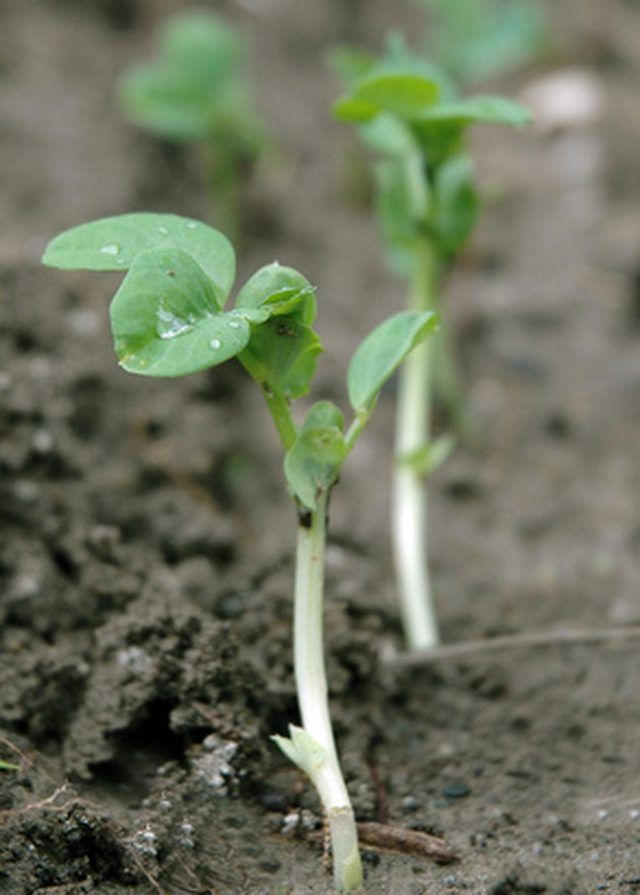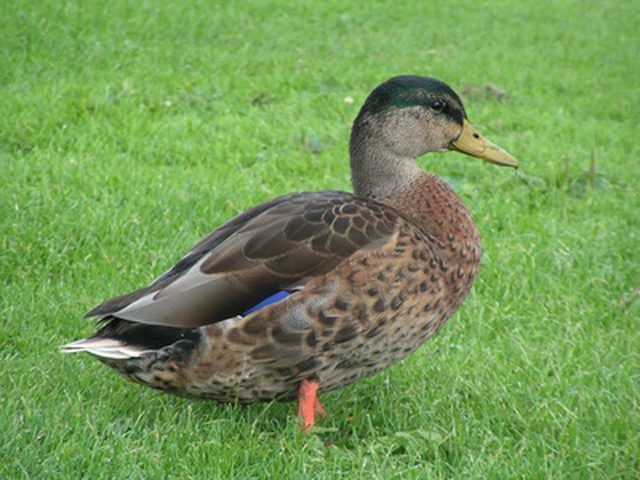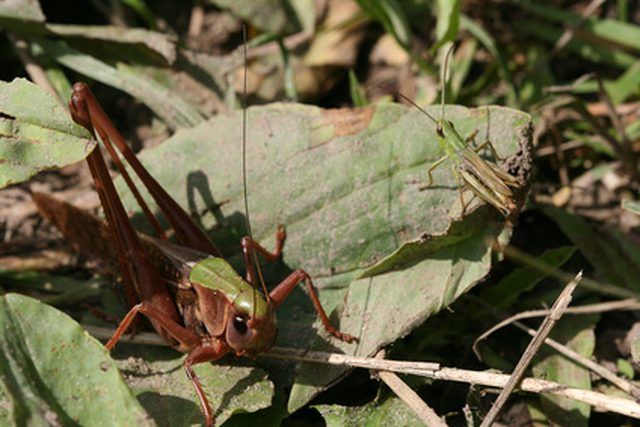Bulbs
Flower Basics
Flower Beds & Specialty Gardens
Flower Garden
Garden Furniture
Garden Gnomes
Garden Seeds
Garden Sheds
Garden Statues
Garden Tools & Supplies
Gardening Basics
Green & Organic
Groundcovers & Vines
Growing Annuals
Growing Basil
Growing Beans
Growing Berries
Growing Blueberries
Growing Cactus
Growing Corn
Growing Cotton
Growing Edibles
Growing Flowers
Growing Garlic
Growing Grapes
Growing Grass
Growing Herbs
Growing Jasmine
Growing Mint
Growing Mushrooms
Orchids
Growing Peanuts
Growing Perennials
Growing Plants
Growing Rosemary
Growing Roses
Growing Strawberries
Growing Sunflowers
Growing Thyme
Growing Tomatoes
Growing Tulips
Growing Vegetables
Herb Basics
Herb Garden
Indoor Growing
Landscaping Basics
Landscaping Patios
Landscaping Plants
Landscaping Shrubs
Landscaping Trees
Landscaping Walks & Pathways
Lawn Basics
Lawn Maintenance
Lawn Mowers
Lawn Ornaments
Lawn Planting
Lawn Tools
Outdoor Growing
Overall Landscape Planning
Pests, Weeds & Problems
Plant Basics
Rock Garden
Rose Garden
Shrubs
Soil
Specialty Gardens
Trees
Vegetable Garden
Yard Maintenance
What Repels Grasshoppers & Locusts?
What Repels Grasshoppers & Locusts?. Farmers rely on crops for food and income. Grasshopper or locusts infestations threaten a harvest by deteriorating the crops. There are ways to repel and manage grasshoppers.

Farmers rely on crops for food and income. Grasshopper or locusts infestations threaten a harvest by deteriorating the crops. There are ways to repel and manage grasshoppers.
Barriers
Planting repellent crops like horebound herb, calendula and cilantro will prevent grasshoppers from infesting your crops. Spraying garlic oil, neem oil, henbit tea or hot-pepper spray around the crop barriers is also effectual. You can also cover your garden crops with row covers.

Predators
The grasshopper population can be suppressed by their natural enemies. Snakes, toads, cats, skunks, birds, spiders, chickens and preying mantis feed on grasshoppers. Some birds, such as brown thrashers and crows, feed on grasshoppers. Rodents, such as field mice, eat the grasshoppers and the egg pods.

Termination
Because grasshoppers lay eggs in the soil, it can be difficult to kill them off. Nosema locustae will poison the grasshoppers. Black strap molasses, diatomaceious, nolo bait and insecticidal soap also kill grasshoppers. It is advisable to do this during the nymph, or young adult, stage.
